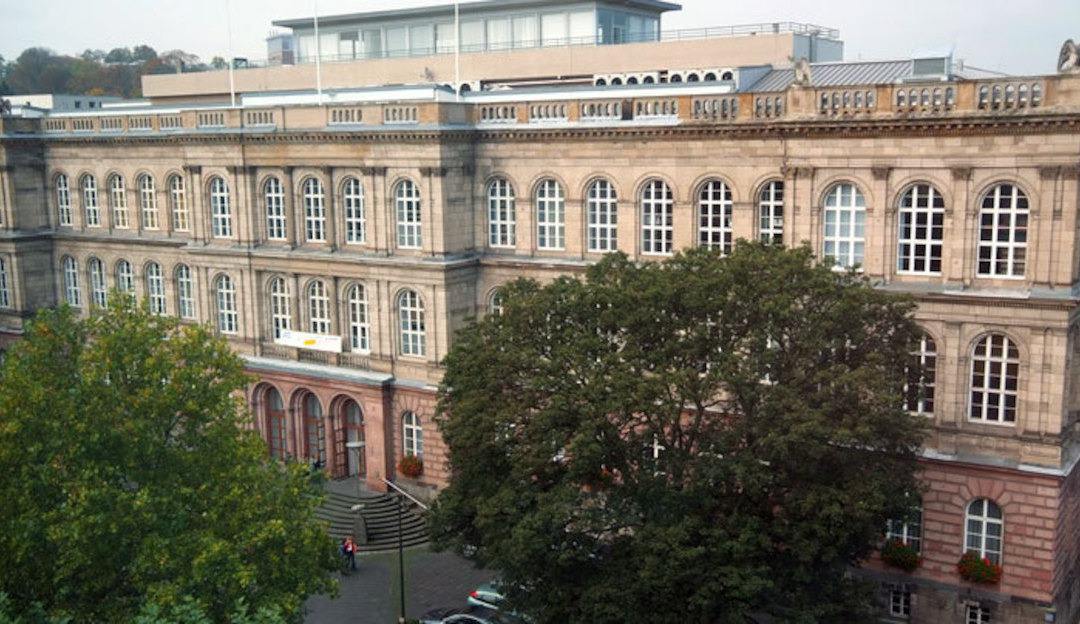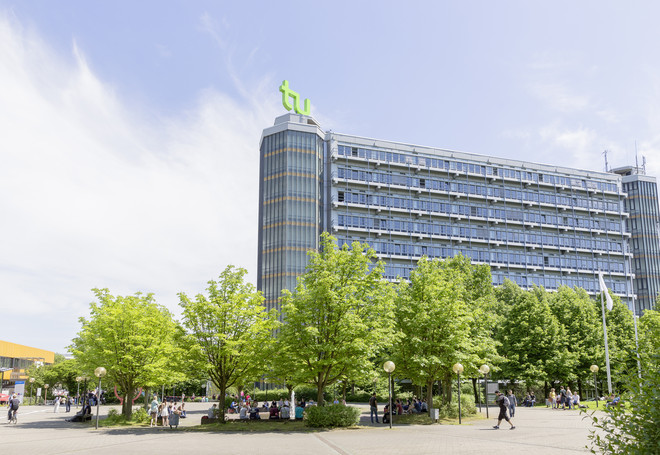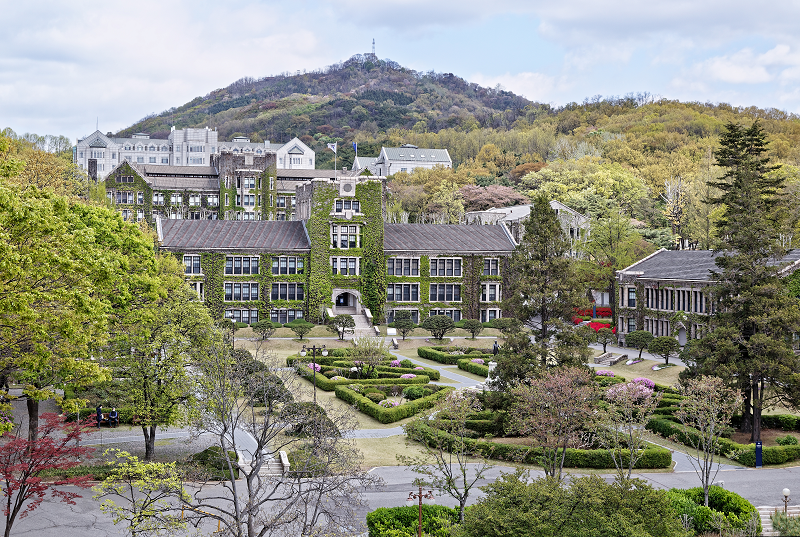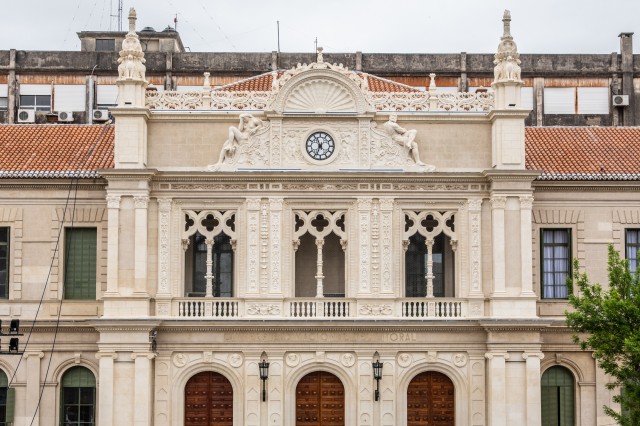
Source: Jeannie Michaels, facebook.com/carnegieimperialexchange
As science, engineering, technology, and industrial enterprises continue to globalize, it is increasingly important for students to learn about other cultures and experience what it's like working in different societies. Engineers of the future will interact with, work with, and collaborate with engineers from around the world. Furthermore, most engineers will have to travel for work or may receive career opportunities in other countries. To help prepare our students for this future, we have created several foreign exchange programs, providing the opportunity to experience life and engineering around the globe.
If you choose to apply, see the application information and application form.
Imperial College, London, England
Carnegie Mellon started an exchange program with Imperial College in London, UK, in September 1997. This program is for chemical engineering students and involves an exchange with the Department of Chemical Engineering at Imperial College. About three students can participate in this program every year.
The Imperial College exchange program offers fascinating opportunities to students interested in spending their junior year abroad. Read about Katie's experience in the carbon capture pilot plant. Imperial College is one of the leading schools in Europe in engineering and manufacturing.
The Imperial College exchange program has similar arrangements to the exchange program at RWTH Aachen. Students pay regular fees to Carnegie Mellon. Classes start early in October. Imperial College is located in a prime location in central London, South Kensington, next to Hyde Park.
The courses that Chemical Engineering students take at Imperial University are nearly equivalent to those students would take in their junior year at Carnegie Mellon.
RWTH Aachen University, Aachen, Germany
Carnegie Mellon started an exchange program with RWTH Aachen University (Germany) in September of 1995. This program is designed for Chemical Engineering students and involves an exchange with the Lehrstuhl für Prozesstechnik at Aachen. Each year around three students are admitted to the program. Basic knowledge of German language is required for this program.
The RWTH exchange program offers very exciting opportunities to students interested in spending their junior year abroad. RWTH is one of the leading schools in Europe in engineering and manufacturing. Students have an option to do research at RWTH.

Source: RWTH Aachen University
Aachen is a lovely, historic, and pleasant city located on the border in the western part of Germany, right next to the Netherlands and Belgium.
The RWTH exchange program has similar arrangements as those with Imperial College, in which students pay regular fees to Carnegie Mellon.
The courses that Chemical Engineering students take at RWTH are nearly equivalent to those students would take in their junior year at Carnegie Mellon. In addition, a six-week German course will be available before the semester starts in early October.
Technische Universität Dortmund, Dortmund, Germany
Carnegie Mellon began its exchange program with Technische Universität Dortmund (Germany) in 2002. This summer program is designed for chemical engineers. One or two students are admitted each year.

Source: Technische Universität Dortmund
The Dortmund International Summer Program takes place from early June to late July and focuses on three tracks:
- Track A: Engineering
- Track B: German and European Studies
- Track C: Entrepreneurship
View specific course offerings
All courses are taught in English; however, students are advised to use this opportunity to acquire some basic German language skills. Please note that most of the automation and robotics lectures are also suitable for chemical engineering and biomedical engineering students.
Yonsei University, Seoul, South Korea

Source: Yonsei University
In 2013, Carnegie Mellon began a study abroad program with Yonsei University in Seoul, South Korea. Two chemical engineering students are admitted each year.
In addition to gaining academic excellence, exchange students also experience a beautiful and culturally rich environment. Yonsei University is situated in a spacious, quiet, and wooded environment near a mountainside, located in Seoul's metropolitan area. At one of Asia's most highly regarded institutions, this program offers an exciting opportunity for juniors in CMU's chemical engineering department. Like our Imperial College and Aachen programs, students will pay regular tuition to Carnegie Mellon. Semesters run from September to mid-December and March to mid-June.
The courses that Chemical Engineering students take at Yonsei University are nearly equivalent to those students would take in their junior year at Carnegie Mellon.
Universidad Nacional del Litoral (UNL), Santa Fe, Argentina

Source: Universidad Nacional del Litoral
Carnegie Mellon's program with Universidad Nacional del Litoral (UNL) is tailored for chemical engineering students. Each year two students are admitted to the program.
The UNL exchange program offers very exciting opportunities to students interested in spending one semester of their junior year in Argentina. The university was founded in 1919 and is strategically located in the province of Santa Fe.
The UNL exchange program has similar arrangements like those with Imperial College and Aachen, in which students pay regular tuition to Carnegie Mellon. Semesters run from mid-August to the end of November and early March to mid-June.
The courses that Chemical Engineering students take at UNL are nearly equivalent to those students would take in their junior year at Carnegie Mellon.
Applying to the chemical engineering study abroad programs
Criteria
A minimum QPA of 3.5 is required to apply, with no grade lower than a B in 06-100, 06-223, 21-120, 21-122, or 21-254. Letters of recommendation are required from both your 06-100 and 06-223 course instructor. The evaluation committee may request an interview, to get further details about your application.
You should be aware that courses taken and passed under the exchange programs appear as transfer credits on your official CMU transcript, but they do not factor into your QPA. As a result, your QPA that appears after your junior year is "frozen" as it was at the end of your sophomore year.
Math skills are heavily used at partner universities. Imperial College, London, has cumulative end of year exams, and for most courses, passing the course is entirely based on this one exam.
Students should have at least beginning level of language proficiency and willingness/plan to continue to acquire language skills appropriate to the host country.
Your study abroad essay should address the above criteria, along with your motivation to study abroad, your preparedness, and how study abroad fits into your personal and professional career goals. The evaluation committee is looking for evidence you are prepared and will be successful to study abroad by demonstrating passion, commitment, and self-advocacy.
Take the next step
Consult with Tagbo Niepa, Ignacio Grossmann, or Nora Siewiorek for more information about chemical engineering study abroad programs.
